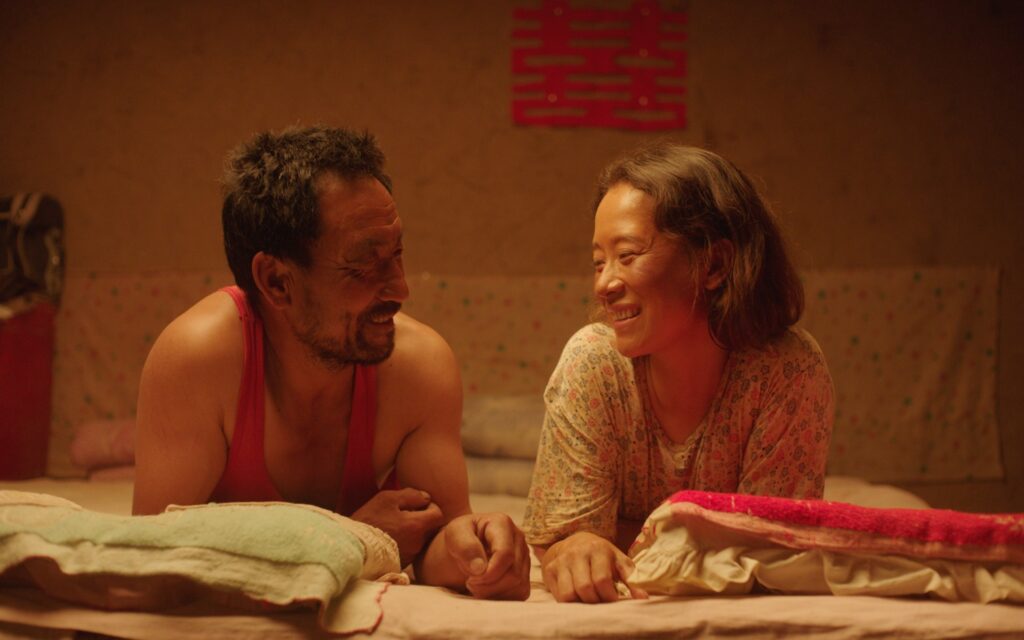In 2022, the film Return to Dust, which depicts the life of people in rural China, received positive feedback from Chinese netizens. The film’s positive reception stemmed from its vivid portrayal of the struggles of lower-income Chinese people. Despite receiving high praise and raking in over $15 million at the Chinese box office, the film was suddenly banned by the government and pulled from cinemas in September 2022 without further details given.
The Return to Dust controversy seems to indicate the conflict between artistic freedom and political authority. Because the Chinese film and entertainment industry is overseen by the government, the Chinese censorship system adds restrictions on Chinese filmmakers, who have limited agency to tell the stories they want. Return to Dust, which was quickly criticized for its lack of a positive narrative about China, is the latest subject of this censorship.
Return to Dust, written and directed by Chinese director Li Ruijun, presents a simple and realistic story of love, poverty, struggle and social injustice. It is told from the eyes of an ordinary couple from one of the poorest rural areas in China. Director Li invited local farmers and workers from the shooting site to play different characters in the film. Except for the actress Hai Qing who plays the female lead, all other “actors” were representative of their own stories.
Li Ruijun aims to bring the reality to the public by telling the truth of poverty. To do this, she invites viewers into the perspectives of underrepresented and marginalized groups of Chinese people. This subject matter has an underlying message: rural Chinese are also part of the Chinese population at large and should not be viewed as lesser than.
Through Return to Dust, Chinese audiences were exposed to stories of the underrepresented farmer community, empathizing with them as they suffered from poverty and social injustice. Despite widespread praise, the film’s negative images of Chinese people were interpreted as a political statement about the ineffectiveness of national policy.
According to Radio Free Asia, Zheng Yanshi — a member of the Kunlun Research Institute — argued that Return to Dust was a deliberate political film, which seemed to have informed his opinions about the movie as “gross” and “terrible.”
Chinese president Xi Jinping has said that he believes that all Chinese media should serve the interests of the Communist Party, which is to promote a positive image of China as a nation. In other words, even if it provides a fictional account, entertainment must not express discontent with the Communist Party or its policies.
Based on these ideals, “Return to Dust” is not an ideal candidate to carry on the positive energy. Although it may be considered realistic, the film’s portrait of Chinese people in poverty is inevitably considered as a negative depiction that weakens China’s growing image as an economically, socially, and culturally strong global player.
Globally, film and other types of media are known for communicating artistic tastes, cultural values, and even political presentations. As evidenced by the case of Return to Dust, it is the third element that matters most to China. Even in an artistic work that does not appear to directly make a statement about national identity, it seems that Chinese censors will still interpret the film as an inherent political product. This explains the governmental response to Return to Dust, which was perceived as negative commentary on China.
Given that the 20th National Congress of the Chinese Communist Party started on Oct.16, it appears that the Chinese government was even more meticulous about the films and other forms of entertainment presented to the Chinese people during this time. This is most likely one of the reasons for the removal of the film.
However, discussion of the film is not completely banned on mainstream Chinese social media like Weibo, and the young Chinese generation can still watch the film on other platforms where it might be available. Therefore, audiences are still able to appreciate the film, which reveals the real lives of fellow Chinese people in poverty while also reflecting on the social, economic and cultural progress of the country. Although the film is banned, the people’s agency to observe, reflect and examine cannot be removed.







